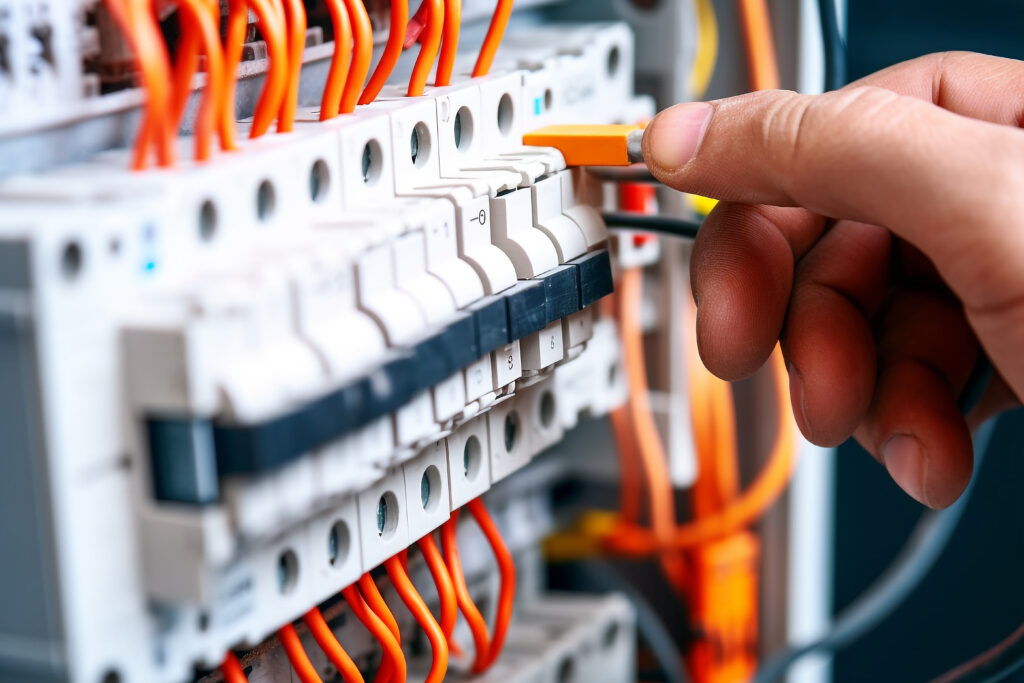
Does pumping down the AC in your home reduce the humidity? What is considered high humidity? Find out in this article!
why is it that summer days feel hotter than the actual temperature on the thermometer? Once relative humidity begins to climb above 50 %, the additional moisture in the air restricts the human body’s capability to release heat through your skin via perspiration. It is basically like including a blanket over the body during a hot day: the outside temperature is not any higher, but you feel hotter than you are comfortable with due to all the trapped heat! So a 70°F day can feel like it’s 80°F when relative humidity is more than 50 %.
What is the Normal Humidity Level for Inside a Home?
You may already hear that humidity is the water amount in the air, and you would technically be correct! But, it is a little more complicated than just that.
The ideal or perfect humidity level for your home depends on you and your family. It will rely mainly on the time of year, what type of clothes you are wearing, and where you are naturally comfortable.
Study shows that the ideal relative humidity for your house is between 40 to 60 %. However, to reduce the development and spread, the level must be kept below 50 %. But how do you even know how humid it is in your home?
You can purchase a device called a humidity monitor. This will tell you the current humidity level in whatever location it is sitting in. This can be an easy way to quickly identify the humidity level in your home.
An Air Conditioner Isn’t a Dehumidifier
Although an air conditioner reduces the temperature inside your home, it is not the same as reducing the humidity. An air conditioning unit would need to run longer than it normally would to overcome the additional feeling of indoor heat.
For instance, when it is 70°F, you may not need your air conditioning to be running in order to relax in your home. To save energy, you can open the window, turn your fan on, and you will have a comfortable temperature in your home if the outside humidity is not too high. As soon as the humidity level rises above the 50-60% mark, your home will begin to feel like 80°F. you will then need to close up your house and turn on the AC.
An air conditioner does have some dehumidifying properties but they are not the same. The mistake of assuming that air conditioning can take the place of a dedicated dehumidifier is easy to do. As an AC cools down the air via evaporating refrigerant, it may draw moisture out of the air along with the heat. A dehumidifier works by directly pulling moisture out of the air.
An HVAC unit can cool down your home making it feel less humid in a sense, but it does not specifically work to dehumidify your house.
Coastal Home
If your HVAC system is not cooling down your home properly, you may want to have it inspected for issues. If you are experiencing any of these symptoms, there is most likely an issue with your HVAC system. Contact Coastal Home today to have a professional look at your AC unit and diagnose the problem.


